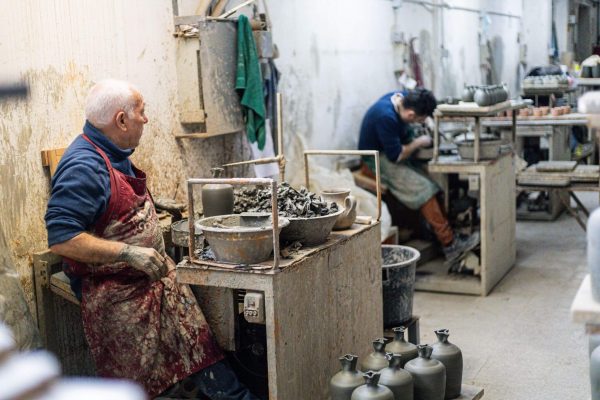
We attend the II International Congress of Ceramics
We attend the second edition of this rendezvous that promotes the dialogue and networking amongst all professionals in the industry
Last March we (gladly) went to the II International Congress of Ceramics, celebrated this year in Italy. This event is celebrated in the spirit of bringing together different proposals, innovation techniques and craftsmanship from different plans of the world.
The first edition of the ICC was held in Sevilla, under the hosting of the Escuela de Formación de Artesanos de Gelves. It counted the participation of two countries: Italy and Spain. On this happy occasion, this festival of artisanship was organized by the Confartiagianato Imprese, in the city of Grottaglie, a town in the Italian south famous for its ceramics. Participants from Portugal joined the congress.
A multifaceted congress about the limits of the industry
This second edition of the ICC has addressed the themes and topics that affect tangentially or fully the future of the field, putting on the table issues about new means of production or sustainability.
The question of the very limits of a sector whose nature might seem contrary to mass production was also at the centre of the debate. With the implementation of new business and technological models, when does craftsmanship cease to be craftsmanship? What kind of environmental responsibility can and should we demand of the sector?
Among those present were representatives from all parts of the scale (manufacturers, designers, craftsmen, marketers, etc.), as well as from related industries and academies.
Sharing our experience on innovation and sustainability
Our contribution to the Congress focused on sharing our experience in innovation and design with handmade terracotta. Our model is based on the conviction that sustainability is not only possible but necessary for the survival and well-being of our profession.
It is on this basis (encompassed under the umbrella term Nature-Based Solutions) that we choose our projects. And so, joined by Pedro Guerrero, researcher at the Chair of Climate Change at the University of Malaga, we spoke at the Congress about our project with the Port Authority of Seville. This ambitious project consists of using the dredged sludge from the Guadalquivir River to make terracotta tiles for paving, among other things, the riverbank itself.
On our end, we found a particularly interesting and enriching opportunity in learning from the local artisans of Lecce and Grottaglie about their ceramic working techniques, renowned for their attentive exploration of the limits of the material.
We can’t wait to go again next year!
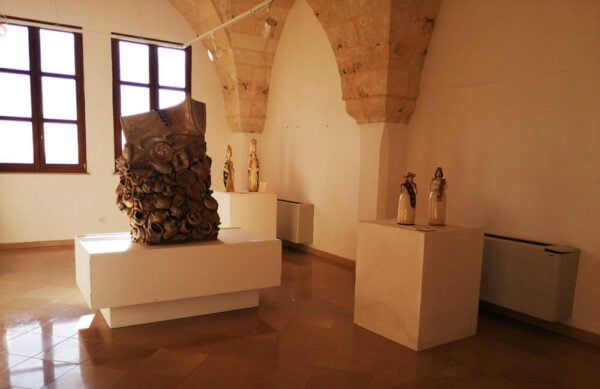
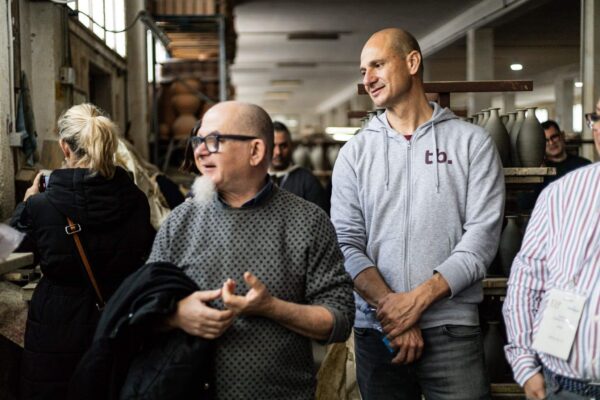
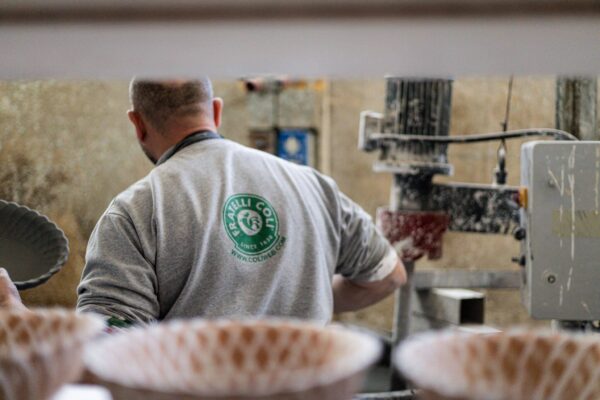
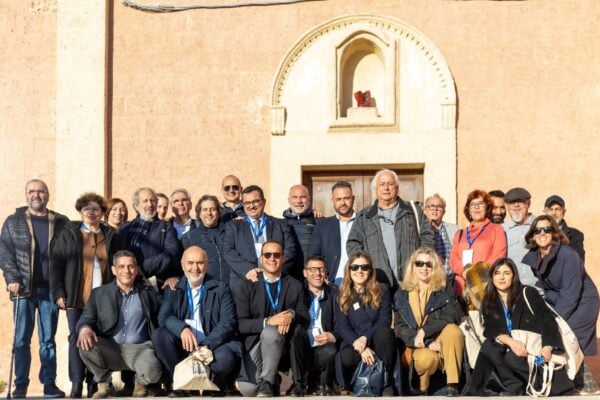
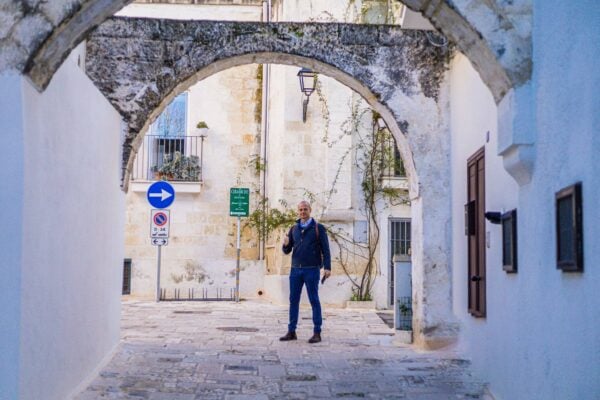
Top stories
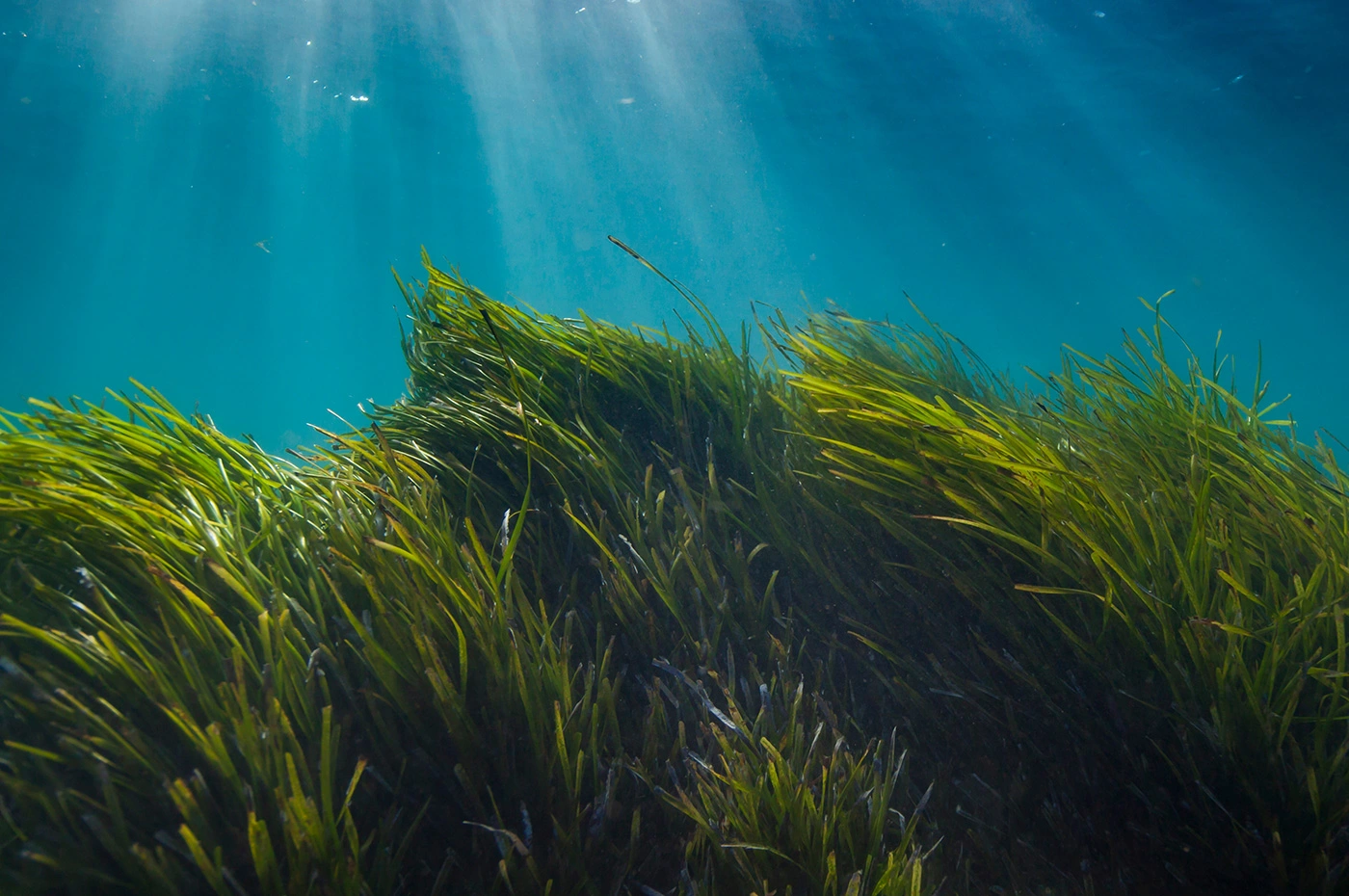
What is the Nature Restoration Law?
The Nature Restoration Law is a European regulation approved in 2024, aiming to ensure the necessary actions and initiatives to repair damaged ecosystems and…
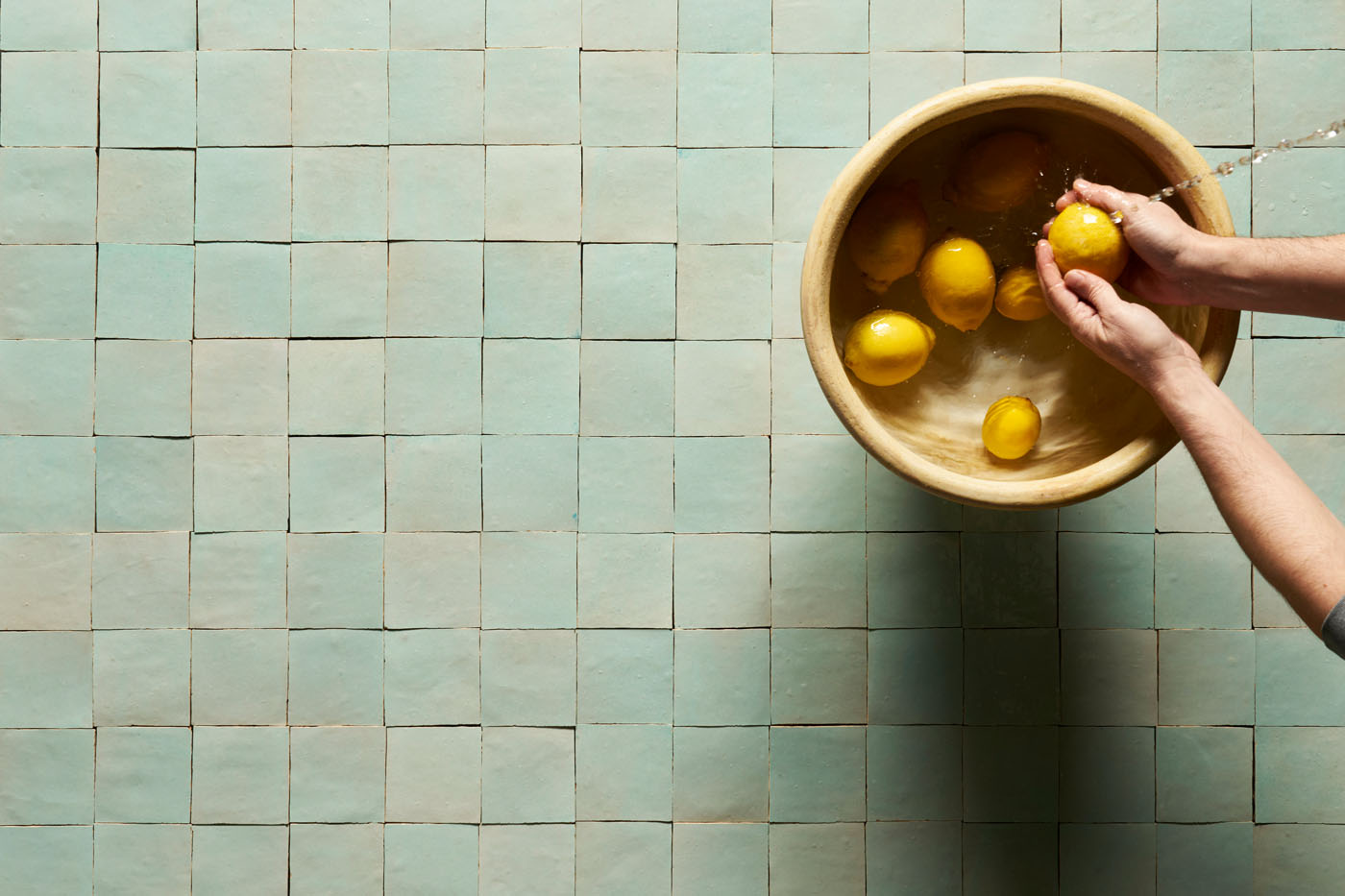
Acequias or irrigation ditches: an ancient knowledge making its comeback
“Acequias” (ditches) are one of the oldest existing systems of channeling and use of water. In the Iberian Peninsula we know them well: the…
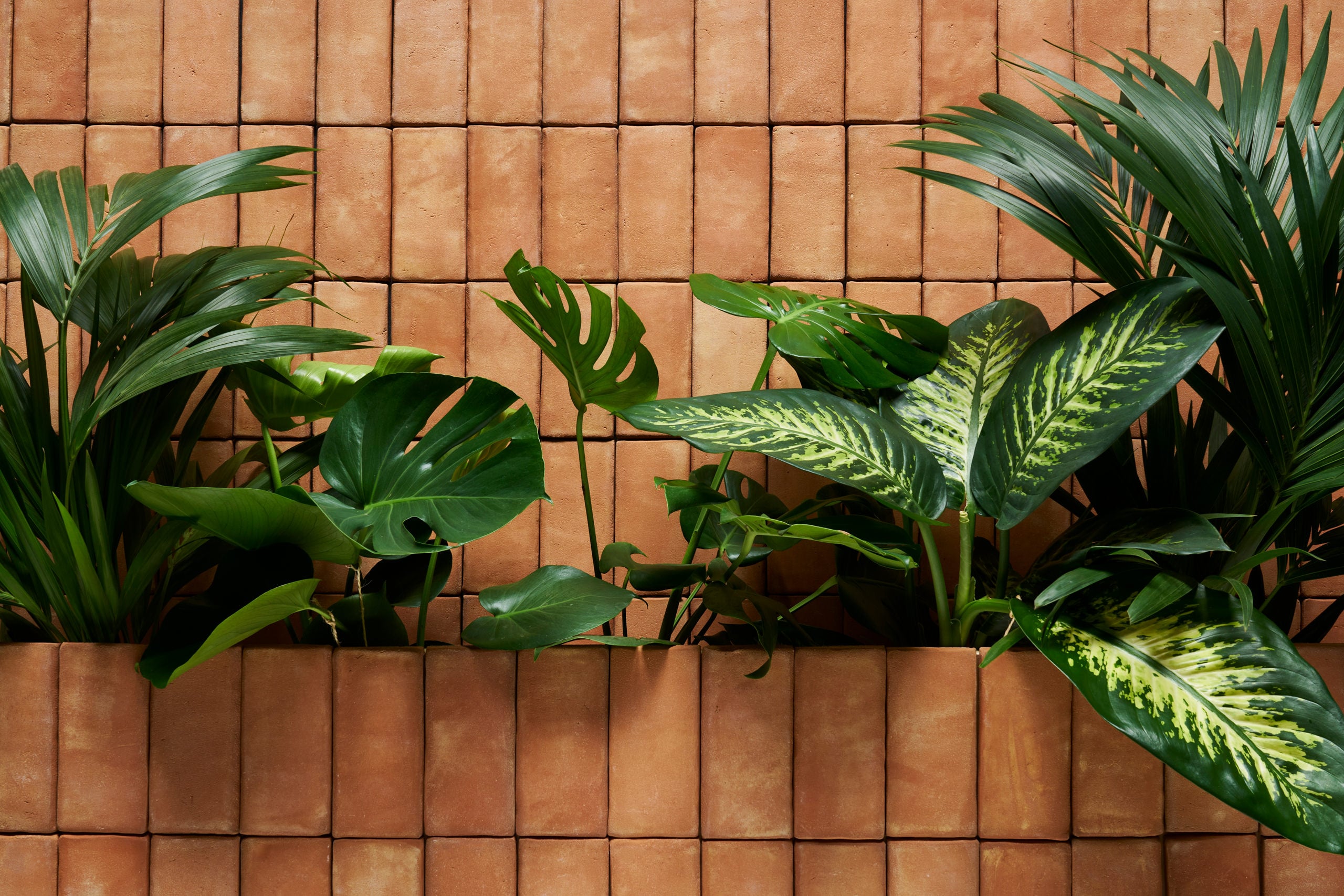
What is a compensatory measure?
By definition, a compensatory measure is an action aimed to restore or repair de negative environmental impact of any give activity -usually of a…
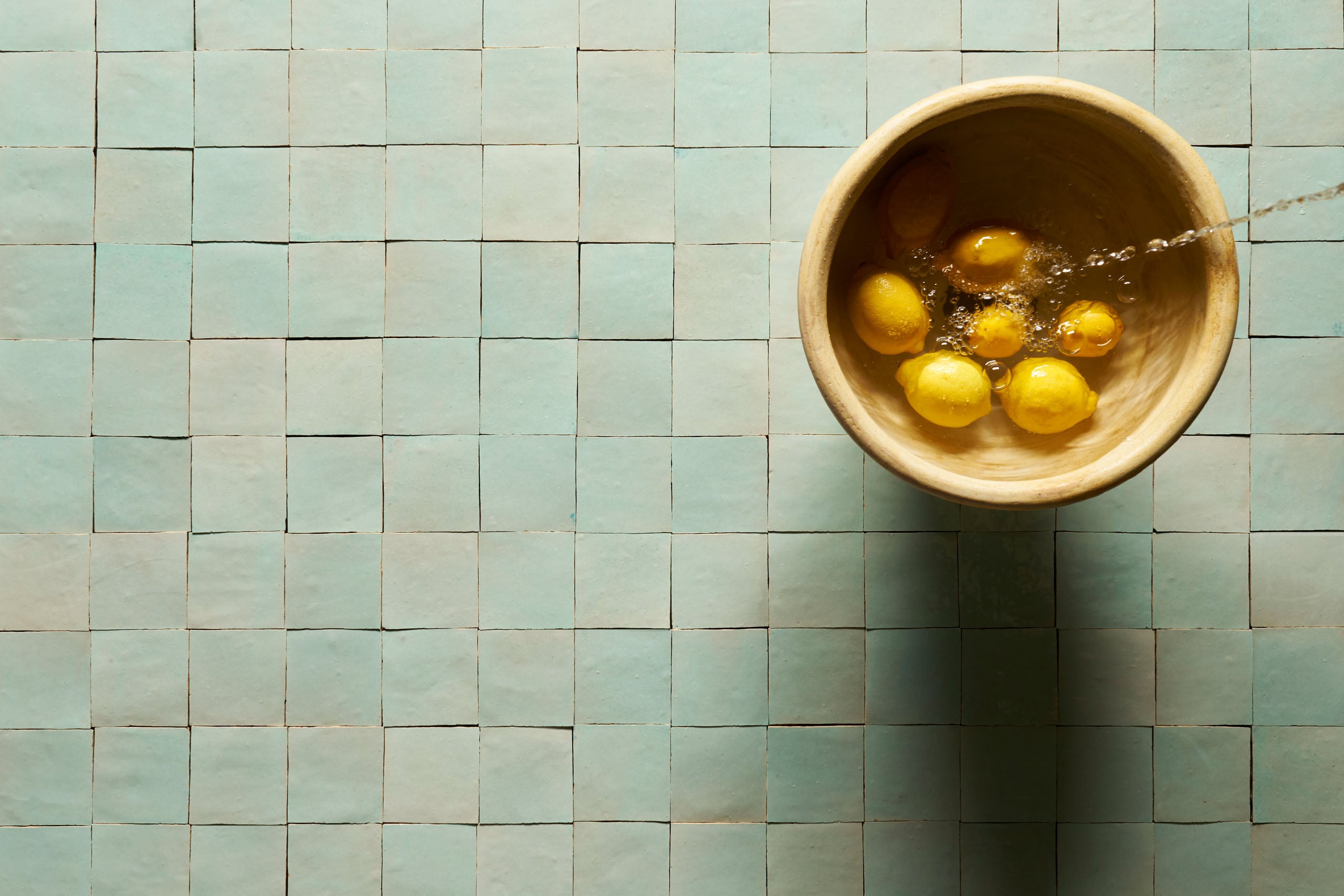
What are Zellige tiles?
The word zellige means ‘polished stone’ in Arabic. It refers to a type of traditional tile and mosaic technique characteristic of Morocco and the…



